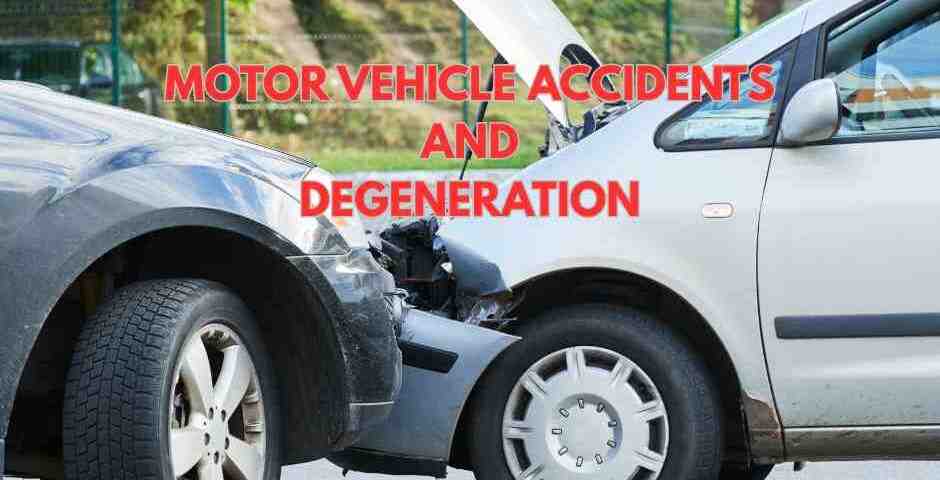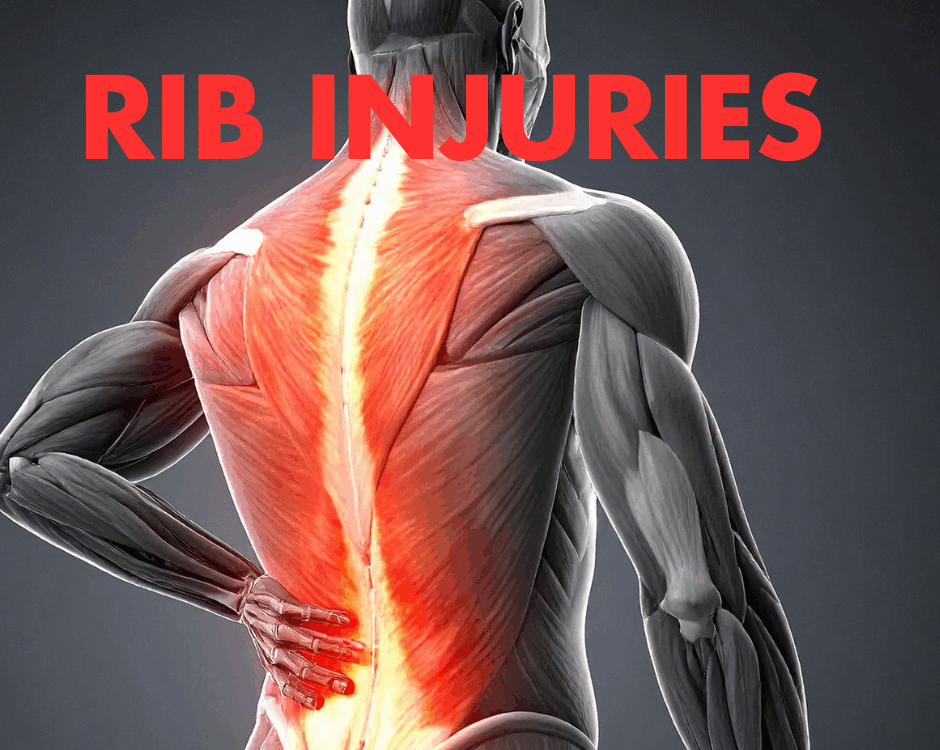Motor Vehicle Accidents and Degeneration

Facial Injuries and Car Accidents
July 7, 2025
The Rhomboid Muscles
July 14, 2025- Accident doctor
- accupuncture
- airplane headache
- alzheimer's
- best habits
- Brain Injuries
- car accident
- car accidents
- cervical strain
- colds
- concussion
- Concussions
- disc bulge
- dosage meds
- dry needling
- dull pain
- E bike injuries
- florida
- good posture
- headaches
- Headrest positions
- Headrest positions after an accident
- Healthy choices
- Healthy flying
- healthy gift guide
- Healthy SPring Ideas
- hip pain
- hyperextension
- injury doctor
- insurance
- Kayaking
- kentucky
- kids motion sickness
- lifestyle
- motion sickness
- neck injury
- no fault insurance doctor
- noise healing
- osteoporosis
- pain symptoms
- pink noise
- posterior chain
- posture
- prevent osteoporosis
- Rest
- Scoliosis
- shoulder pain
- Stress with kids after a motor vehicle accident
- TBI
- tips
- tmj
- torn muscle
- Traumatic Brain Injury
- trigger points
- VitaminD
- What are Post Traumatic headaches?
Motor Vehicle Accidents and Degeneration
Motor vehicle accidents (MVAs) can leave lasting effects beyond the injuries you notice immediately like whiplash or bruises. At Chambers Medical Group, one of the highest rated car accident medical care entities in Kentucky, I often see patients whose accidents will speed up joint degeneration, a process where joints like the spine, knees, or shoulders wear down over time. This degeneration can cause pain and limit mobility long after a crash. How do MVAs contribute to this, and what can you do? I am Dr. Aaron Workman and I will explain motor vehicle accidents and degeneration.
What Is Joint Degeneration?
Joint degeneration happens when cartilage, the cushion between bones, breaks down, leading to pain, stiffness, and reduced movement. MVAs can speed this up by damaging joints directly or through inflammation. A sudden jolt from a rear-end crash, for example, can strain spinal discs or knee cartilage, setting the stage for faster wear. Over time, this can worsen your already degenerated areas, especially in the neck or lower back, which just so happen to be the areas commonly affected by MVAs.
How MVAs Trigger Degeneration
The force of an MVA, even at low speeds, can injure joints. Whiplash stresses the cervical spine, damaging discs and ligaments. This trauma can disrupt joint alignment, causing uneven wear and early degeneration. Inflammation from the injury also weakens cartilage, speeding breakdown. It is not uncommon for patients to have a new accident that damages previous degeneration they never knew existed. With each new injury the wearing of the joints will speed up. This will lead to persistent pain and stiffness. For example, a shoulder strain from gripping the wheel during a crash can weaken the joint, making it prone to arthritis. Knees or hips jarred in a collision may lose cartilage faster, limiting your ability to walk or climb stairs. These issues can linger, and numerous studies have shown that up to 50% of patients with whiplash injuries will suffer symptoms for years.
Risk for Adults
Older adults are even more vulnerable to a worsening of degeneration. Aging joints already have less cartilage, and an accident’s impact can really take a toll on existing wear. A minor accident may cause a 60-year-old’s mild osteoarthritis into a painful, reduced mobility condition. Younger patients are also at risk. Injuries in early life leads to early degeneration. This has a profound impact towards mid-life activities and will likely lead to more severe degeneration in older adults.
Managing Degeneration
You can take steps to slow degeneration after an MVA. First, you need to get checked. If you were in an accident, then your body and all its soft tissues have incurred trauma. At Chambers Medical Group, our job is to assess injuries and hopefully treat those injuries early. This is accomplished through various modalities and therapies designed to restore joint mobility and decrease your inflammation and pain. You can utilize an over-the-counter anti-inflammatory, like ibuprofen, but you should always check with your doctor first. If pain or stiffness persists, it may be time to have some advanced imaging performed to determine the level of damage you may have incurred.
Unfortunately, MVAs can accelerate joint degeneration, turning minor injuries into longer term chronic pain or arthritis. It is a difficult journey to take on your own, as multiple injuries can be hard to deal with. These injuries, added to mental stress, loss of work, loss of transportation, insurance stress and hospital bills, can all make dealing with degeneration a nightmare. Early care at a clinic like Chambers Medical Group can help manage trauma to your spine, knees, or shoulders. By addressing injuries promptly, staying active with therapeutic exercises, and monitoring symptoms, you can slow degeneration’s progress. With the right steps, you can protect your joints and stay mobile after an MVA.
— This article is written by Aaron Workman, DC, one of the members of Chambers Medical Group’s team of car accident chiropractors who offer a variety of treatments and therapies ranging from diagnostic testing to various soft tissue therapies for car accidents and injuries in Kentucky.




